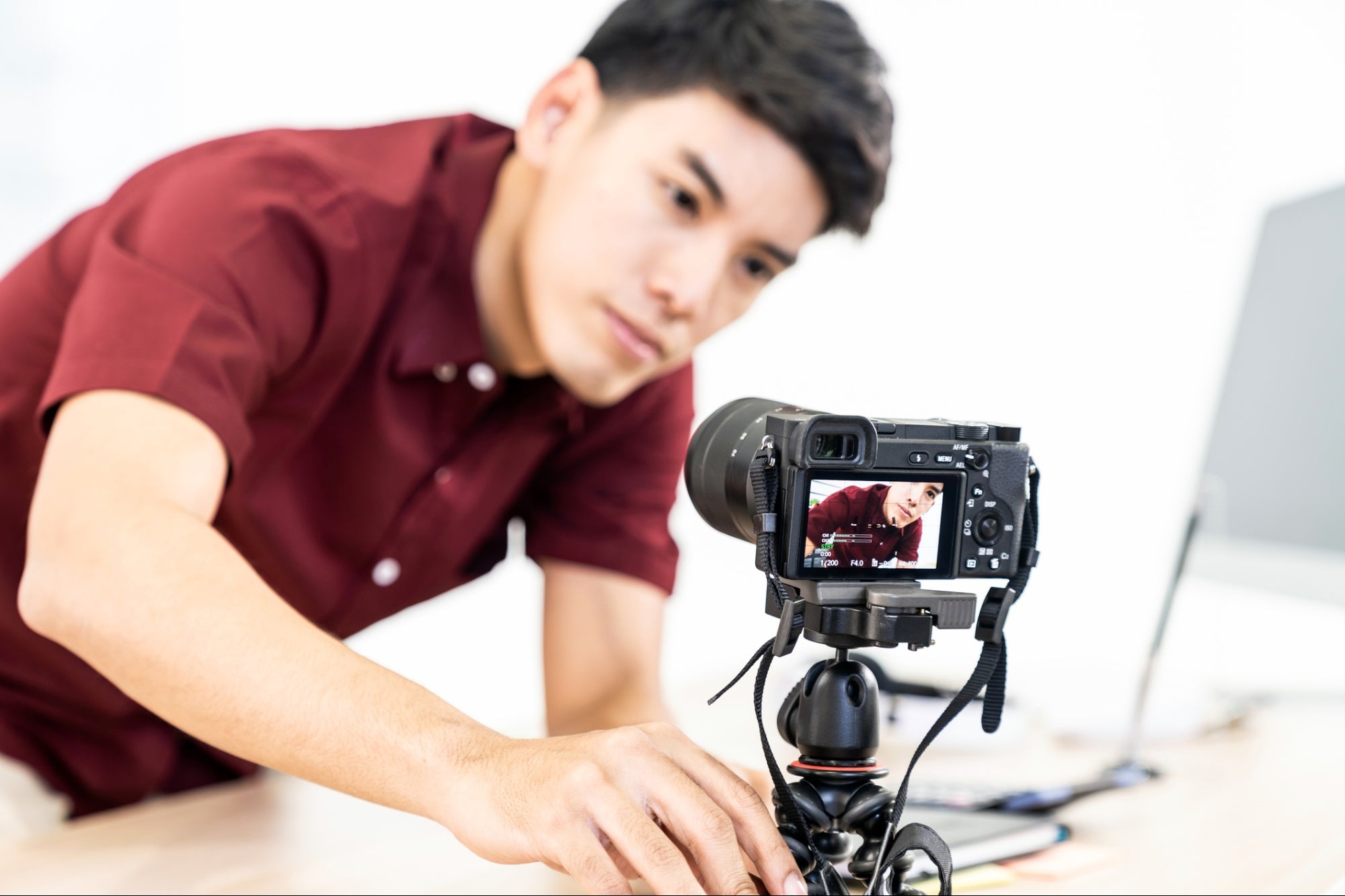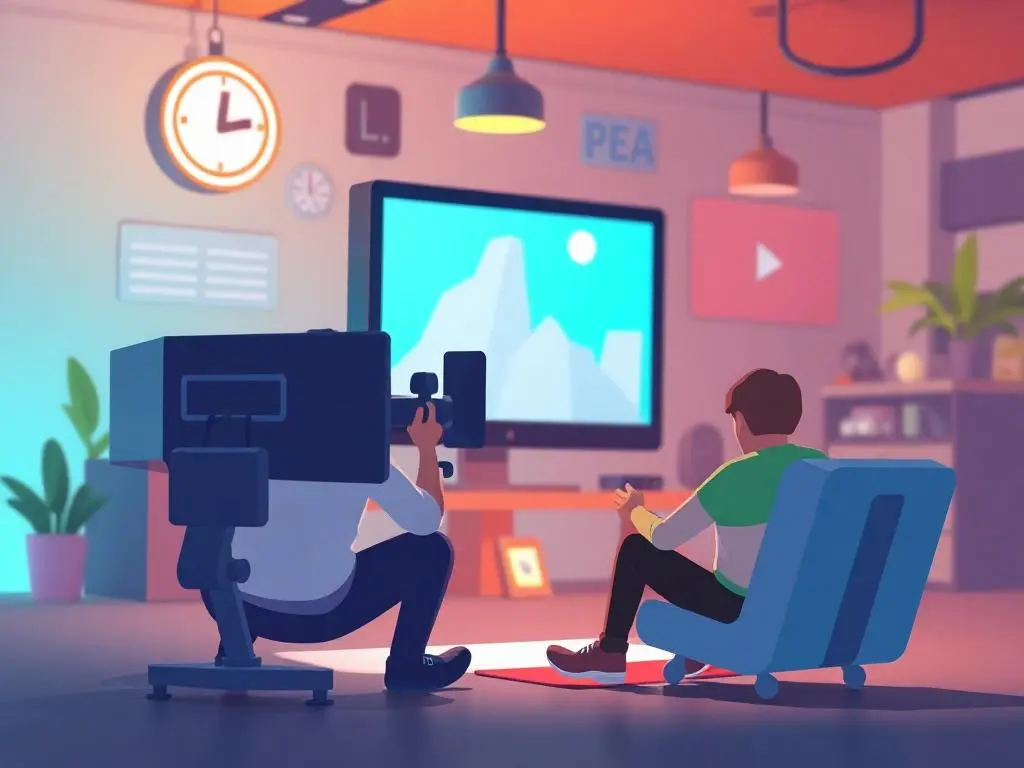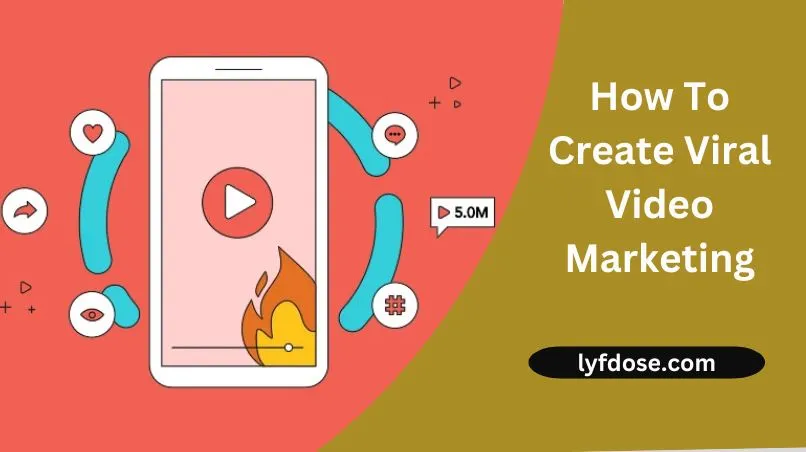
7 min read
Opinions expressed by Entrepreneur contributors are their own.
In 2021, video content is going to be all marketers will be talking about, and rightly so. The statistics for previous years have been mindboggling and 2020 topped everything we have ever seen in terms of consumption rates for video content.
As a small business owner, we all need to have maximum bang for our buck, but the video content space is not very straightforward and people can just as easily love your content or ad as they can hate it. Sometimes what differentiates both outcomes can be something as simple as placement, delivery, or language.
Over the years I have had to learn how to navigate the slippery slope that is video content delivery by consistently trying and failing, and following the advice of some of the most recognized gurus in the video ad and marketing space such as Neil Patel, the Madsgency power duo of Hafiz Ahmad Ashfaq and Qadeer Wagriya, and the Click Funnels maestro, Russell Brunson.
Related: How the Evolution of Video Content Will Influence Brand Visibility in ...
The Invaluable lessons I have learned from these professionals have caused a massive shift in how I deliver my video content and ads, and this brings me to my first point:
Educate yourself
I spent a staggering amount of marketing dollars on video ads that brought me little to no conversion for years. I convinced myself that I was a small business and that I couldn’t afford to hire Neil or Hafiz of Madsgency or any of the major agencies that had proven results.
However, I soon realized that if I had spent only a fraction of those dollars on educating myself on the ins and outs of video content and delivery via ads, I would have moved my company much further along. My revelation led me to read books from Russell, apply for the amazing Madsgency Tube Framework course, and consume scores of Neil’s videos and posts.
Sometimes, failure comes to give you clarity and direction, but the only way to get away from a cycle of failure as a small business owner is to slow down, humble yourself and listen to the pros. To put it better, in the words of Hafiz, “Experience is the best teacher only if you learn from the experience of others who have failed and gotten it right.” I have picked up some valuable gems along the way while striving to educate myself.
Related: 7 Secrets of Super-Successful Video Marketing -
Why your video ads are failing
YouTube is built for video and it is a no-brainer to suggest that the majority of your video ads should be placed on YouTube, even if your main audience is on Facebook or Instagram. The reason is that this capitalizes on intent, as people come to YouTube to watch videos, thus reducing the likelihood of people being ticked off by videos that pop up in their feed.
According to Qadeer Wagriya, “The key to killing it with ads lies in three little words; research, targeting, and placement. Trial and error or assumptions will drain your coffers before you make any worthwhile profit.”
Research, targeting, and placement
YouTube gives small businesses a plethora of research opportunities to discover exactly who is their audience. The Google Ads platform is now much more advanced than many realize. The resources that the platform provides to discover what kind of audiences watch what type of videos makes it substantially easier to create our own custom audiences based on who is likely to be drawn to our videos.
According to CNBC, 65% of people are likely to skip video ads, considerably shrinking the wall of opportunity that you have to get conversions. This also signals that you cannot waste dollars on arbitrary placements of ads. Google enables you to target major demographics, like age brackets, sex, or location. The targeting is so specific that you can even include or exclude particular towns or counties.
Targeting is therefore based on your research results and how well you have identified your ideal customer. Google’s ability for precise targeting is next to none. The problem is often in our ability to sufficiently discover or describe our audience.
Placement is your ability to pick the right kind of videos on YouTube to place your ads, reducing the chances that they are skipped or ignored. This placement is a result of your research and targeting. It is not enough to have ads playing on YouTube if the bulk of them are being viewed by people who have zero interest in what you are selling. Google ads allow you to target particular videos, channels, keyword searches, and video-types. The power of these placement options means that if done right, you can show up only where you need to be showing up, at least for the most part.
Related: How to Use 'Narrowcasting' to Boost Engagement and Conversions
Your keyword placement
Keywords also play a huge part in your video ad performance. I know it seems too difficult to use keyword targeting for YouTube ads because of how broad of a targeting option that seems to be. The problem is that the only ads many small business owners know of are the TrueView in-stream ads. While keywords might be tough (but not impossible) to use for TrueView ads, they are ideal for YouTube Discovery ads.
YouTube presents you with a plethora of ad types, in-stream skippable ads are clearly the most common, and perhaps in-stream non-skippable ads as well (these require immense creativity in the ad itself or it could kill your brand off). YouTube also offers you Bumper ads, Sidebar ads, and Discovery ads. Your duty is to find out what works for you and your budget and not just reel out the cash on what is commonly done.
Webinar funnels
Another often ignored video content delivery system is webinars. Webinars by design work more for small businesses than big organizations, and yet it seems that small businesses more often ignore them.
Hafiz Ahmad of Madsgency puts it quite succinctly; “A webinar funnel is basically one’s chance to talk face to face with their prospects, establish authority, poke them where it hurts and convert leads into customers. By design, this thing is not suitable for big companies or organizations; people love person-to-person dealing and this is where the idea of webinar funnels comes from.”
Small businesses are seeking exposure and one of the most effective exposures you can have is one that establishes your expertise or one that models and illustrates your services/products. The art of building and delivering a webinar funnel is one that is taught rather extensively at the Madsgency Tube Framework course and one that has changed my business because it offers a relatively inexpensive way to get in front of your customers, reduce bounce rate, get raw data and create conversions. Webinars are a powerful way to build trust in a face-to-face setting and wherever trust is, sales happen.
Webinars and effective YouTube ads changed the face of my business and scores of others in 2020. With the lingering effects of Covid-19 still around for us to deal with, they are very likely to become even more popular and effective. If these are done right, you are almost guaranteed to reduce ad-spend and increase your ROI.


